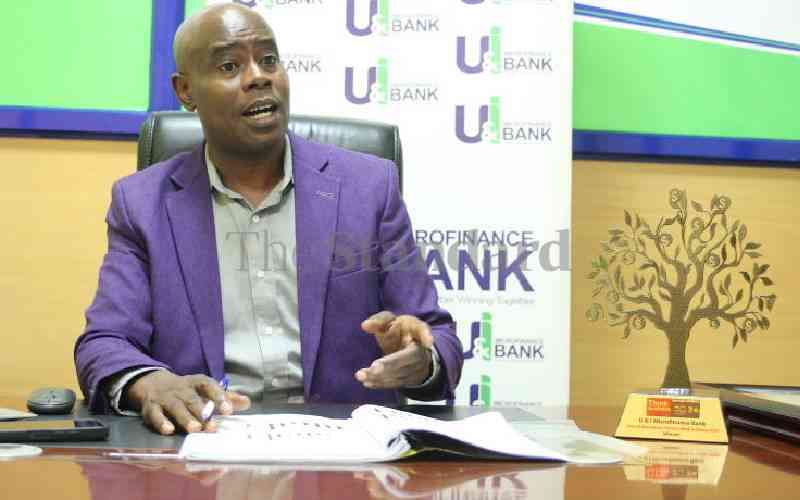×
The Standard e-Paper
Home To Bold Columnists

A few days ago, the Monetary Policy Committee (MPC) retained the Central Bank Rate (CBR) at 13.0 per cent, maintaining the high ceiling for businesses, particularly micro, small, and medium enterprises (MSMEs), to access loans.
But Mwangi Ngigi is not the type to believe that interest rates hold back small businesses from accessing loans when they need them.